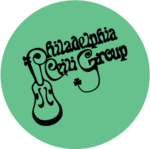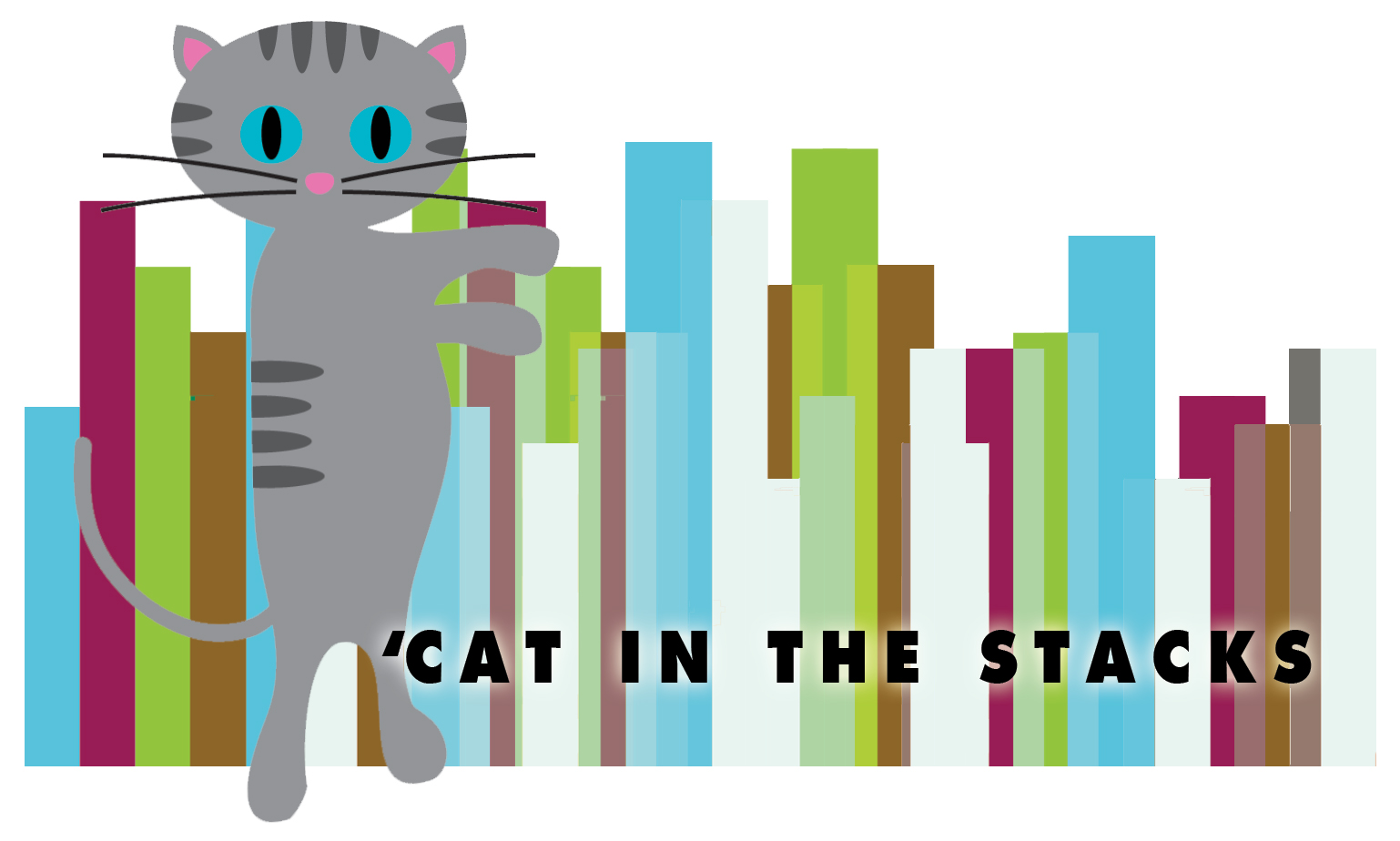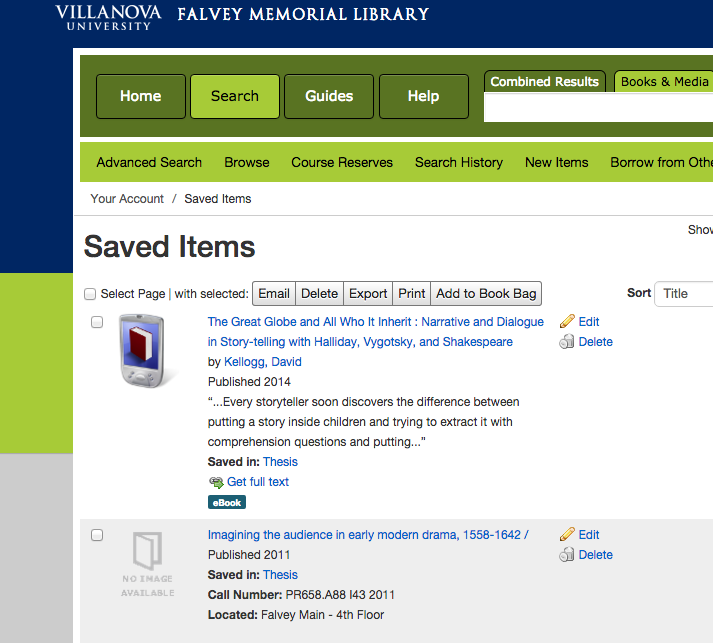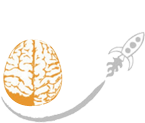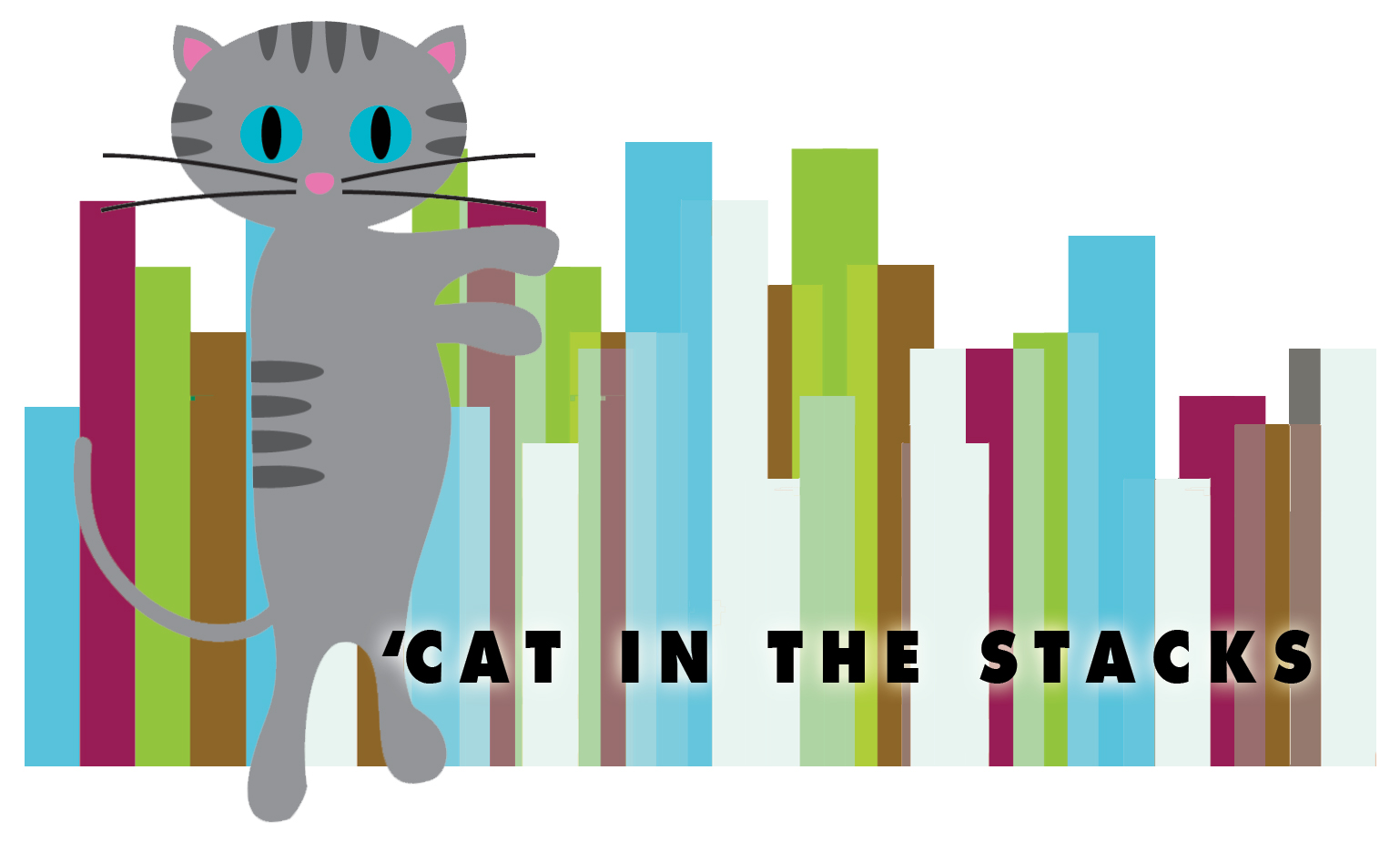The 8:30 | Things to Know Before You Go (12/2)

Here’s your daily dose of library-oriented speed-reads to start your day!
SAVE THE DATE…
Thursday, December 10th
Library Open House
1-6 pm, First Floor
Sponsored by Falvey Memorial Library
Highlights: Free food, hot drinks (and hopefully games with VEEC and an appearance by the Wildcat- still working on this!)
Friday, December 11th
Stress Free Happy Health Hours
10 am-4 pm, Room 205
Co-Sponsored by the Office of Health Promotion, POWER and Falvey Memorial Library
Highlights: Each hour will feature a stress-relieving activity! Adult coloring books, make-your-own stress balls, game hour with board games and puzzles, snack and hydration hour, and more. And not least, there will be dogs from Comfort Caring Canines Therapy Dogs!
Contact person: Kristy Sillay (kristy.sillay@villanova.edu ), Coordinator of Peer Education Programs and Community Standards, advisor of POWER (Peers Offering Wellness Education and Resources). FYI: POWER Peers provide health education and programs across campus.
30 YEARS AGO…
Jefferson Starship’s We Built This City was #1 on the Billboard charts. Also named #1 on the “Most Awesomely Bad Songs….Ever” list by VH-1 and now defunct magazine Blender, WBTC, shockingly, was written by Elton John’s collaborator, Bernie Taupin, who also wrote Your Song, Tiny Dancer and Goodbye Yellow Brick Road. Proving that we all have our off days! 🙂 Co-written as well by a guy named Dennis Lambert, but not the one who works here at the library. 😉
NEW MEDIA NEWS
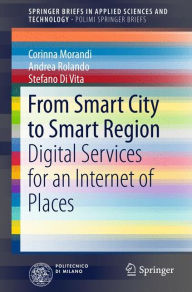 Speaking of building cities, you may be interested in this new ebook from Springer. From the publisher: From Smart City to Smart Region: Digital Services for an Internet of Places offers a fascinating exploration of the relationship between information and communication technologies (ICTs) and spatial planning, expanding the concept of “urban smartness” from the usual scale of buildings or urban projects to the regional dimension. The book is a source of valuable insights for both scholars and local administrators and operators involved in smart city projects.
Speaking of building cities, you may be interested in this new ebook from Springer. From the publisher: From Smart City to Smart Region: Digital Services for an Internet of Places offers a fascinating exploration of the relationship between information and communication technologies (ICTs) and spatial planning, expanding the concept of “urban smartness” from the usual scale of buildings or urban projects to the regional dimension. The book is a source of valuable insights for both scholars and local administrators and operators involved in smart city projects.
NEED A STUDY BREAK?
Find out what the top baby names were last year, or the year you were born! See where your name ranks in popularity. From this site, you can view the changes in popularity of baby names, sort popular names by decade and state (in U.S. territories), and learn the top five names over the last 100 years. Shout out to Sue Ottignon, our research support librarian (who’s always a good place to start!), for providing this link. Turns out that the year the name Susan was most popular is 1960. In that year, the number of births is 39201, which represents 1.885 percent of total female births in 1960.
WE BUILT THIS EARWORM
You have enough on your mind these days without it being colonized by the Jefferson Starship. (Sorry about that.) Fortunately, researchers at the University of Reading in the UK have come up with a easy way to eradicate those annoying earworms – you know, those songs that get stuck in your head. Just pop a stick of gum in your mouth! According to the researchers, chewing gum allows you to shift focus and get past the tune. Want to read more about the study? Here it is, straight from the horse’s mouth.
QUOTE OF THE DAY
It’s the first week of Advent, which might be hard to believe but here we are (wasn’t it just summertime!?). Advent is a period of preparation leading up to Christmas, and you can probably relate, with finals on the horizon and study guides accompanying you to breakfast, lunch and dinner. Try not to forget your inner life this December. Remember what Advent is all about – spiritually preparing for a great moment.
“The extraordinary thing that is about to happen is matched only by the extraordinary moment just before it happens. Advent is the name of that moment.” – Frederick Buechner
23 days until Christmas!
HAVE A GREAT DAY!
If you have ideas for inclusion in The 8:30 or to Library News in general, you’re invited to send them to joanne.quinn@villanova.edu.

